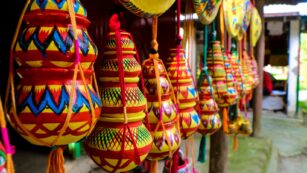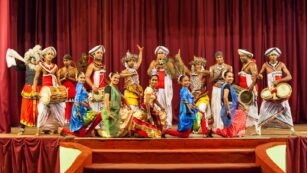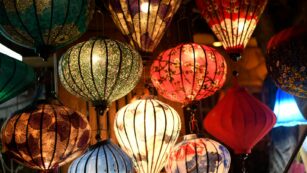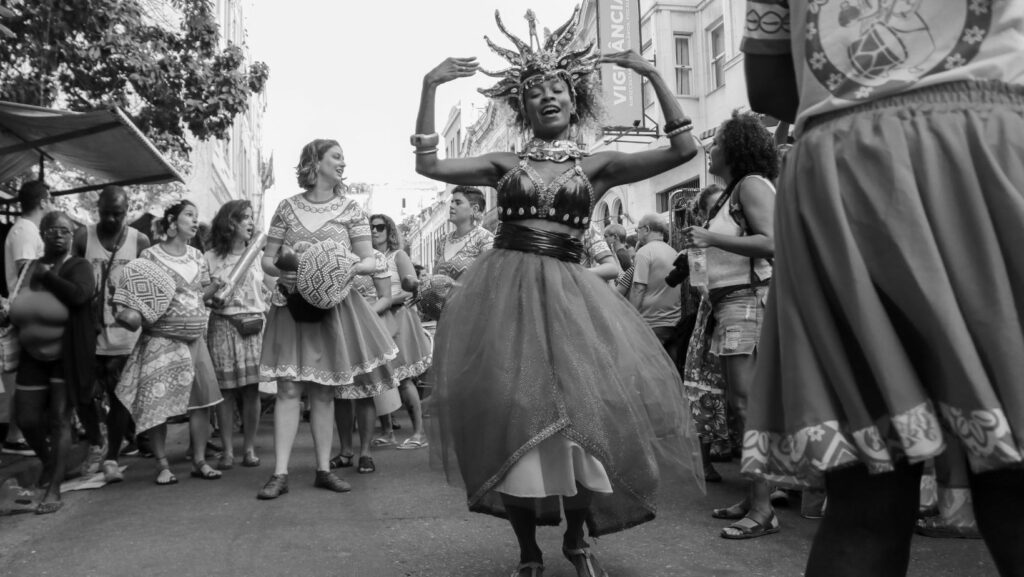Cultural events serve as the heartbeat of society, offering a vibrant showcase of traditions, innovations, and the collective spirit of communities. From the dazzling samba parades of Brazil’s Carnival to the solemn ceremonies of Japan’s Tea Rituals, these events provide a window into the values, history, and aesthetics that shape different cultures around the world. They’re not only a platform for expression but also a catalyst for economic and social development, drawing tourists and fostering a sense of community pride.
Significant Cultural Events
Cultural events play a pivotal role in defining and reshaping societies around the world. They reflect a community’s identity, values, and traditions through vibrant expressions and shared experiences.
The Renaissance
 The Renaissance stands as a profound cultural event that marked the transition from the Middle Ages to modernity in Europe during the 14th to the 17th centuries. Its impact extends beyond just a revival of classical learning and art; it revolutionized European thought with the introduction of humanism. This period witnessed extraordinary developments in art, architecture, politics, science, and literature. Prominent figures like Leonardo da Vinci and Michelangelo not only enhanced artistic standards but also fostered a culture that valued creativity and intellectual pursuit.
The Renaissance stands as a profound cultural event that marked the transition from the Middle Ages to modernity in Europe during the 14th to the 17th centuries. Its impact extends beyond just a revival of classical learning and art; it revolutionized European thought with the introduction of humanism. This period witnessed extraordinary developments in art, architecture, politics, science, and literature. Prominent figures like Leonardo da Vinci and Michelangelo not only enhanced artistic standards but also fostered a culture that valued creativity and intellectual pursuit.
The French Revolution
The French Revolution, spanning from 1789 to 1799, dramatically reshaped not only French but also global civic landscapes. It challenged the traditional structures of power and authority, leading to the rise of republicanism and inspiring democratic ideals globally. The revolution’s cultural repercussions were profound, influencing language, literature, music, and art. It dismantled the cultural norms of the monarchy and aristocracy, paving the way for modern democratic governance and societal values that emphasize liberty, equality, and fraternity.
Defining Cultural Impact
Cultural events profoundly influence societal norms and artistic expressions, leaving an indelible mark on communities and cultures globally. These events serve as catalysts for societal evolution, moulding public perceptions and values through shared experiences.
How Events Shape Societal Norms
 Cultural events often catalyze shifts in societal norms and behaviors. For example, the annual Pride parades across various cities worldwide not only celebrate LGBTQ+ identities but also foster an inclusive environment, promoting broader acceptance of diversity. Similarly, film festivals like Sundance spotlight independent films, which often challenge societal norms and spark conversations around critical issues. These events engage communities, encouraging collective reflection which, over time, shapes societal values and behaviors. Festivals and gatherings act as forums where new ideas circulate and gradually become integrated into the mainstream culture, influencing everything from daily interactions to national policies.
Cultural events often catalyze shifts in societal norms and behaviors. For example, the annual Pride parades across various cities worldwide not only celebrate LGBTQ+ identities but also foster an inclusive environment, promoting broader acceptance of diversity. Similarly, film festivals like Sundance spotlight independent films, which often challenge societal norms and spark conversations around critical issues. These events engage communities, encouraging collective reflection which, over time, shapes societal values and behaviors. Festivals and gatherings act as forums where new ideas circulate and gradually become integrated into the mainstream culture, influencing everything from daily interactions to national policies.
Lasting Effects on Art and Society
The impact of significant cultural events on art and society is both profound and enduring. The Harlem Renaissance, spanning the 1920s, is a pertinent example. This cultural movement not only redefined African American identity but also had long-lasting effects on art, music, and literature that continue to influence modern culture. Through jazz music, visual art, and literature, the Harlem Renaissance left a legacy that redefined global artistic standards and underscored the importance of cultural expression in societal development.
Modern-Day Cultural Milestones
The Rise of Digital Media Events
 The influence of digital media events on global culture has surged, as platforms like YouTube, Twitch, and TikTok redefine entertainment and interaction. The annual YouTube Rewind, which began in 2010, encapsulates the year’s viral videos, trends, and internet personalities, reflecting the digital zeitgeist. Similarly, TwitchCon, launched in 2015, celebrates the community of video game enthusiasts and live streamers, fostering a shared sense of belonging and identity among participants. These events highlight the transition of cultural gatherings from physical spaces to virtual environments, enabling global participation.
The influence of digital media events on global culture has surged, as platforms like YouTube, Twitch, and TikTok redefine entertainment and interaction. The annual YouTube Rewind, which began in 2010, encapsulates the year’s viral videos, trends, and internet personalities, reflecting the digital zeitgeist. Similarly, TwitchCon, launched in 2015, celebrates the community of video game enthusiasts and live streamers, fostering a shared sense of belonging and identity among participants. These events highlight the transition of cultural gatherings from physical spaces to virtual environments, enabling global participation.
Music and Arts Festivals: A New Era
Contemporary music and arts festivals such as Coachella in the United States, which started in 1999, and Glastonbury in the UK, dating back to 1970, have increasingly served not just as music events but as cultural phenomena. They blend performances with art installations and have evolved into showcases of fashion, lifestyle, and activism. Coachella, for instance, significantly impacts social media trends and fashion, setting styles that reverberate through the fashion industry each year.

